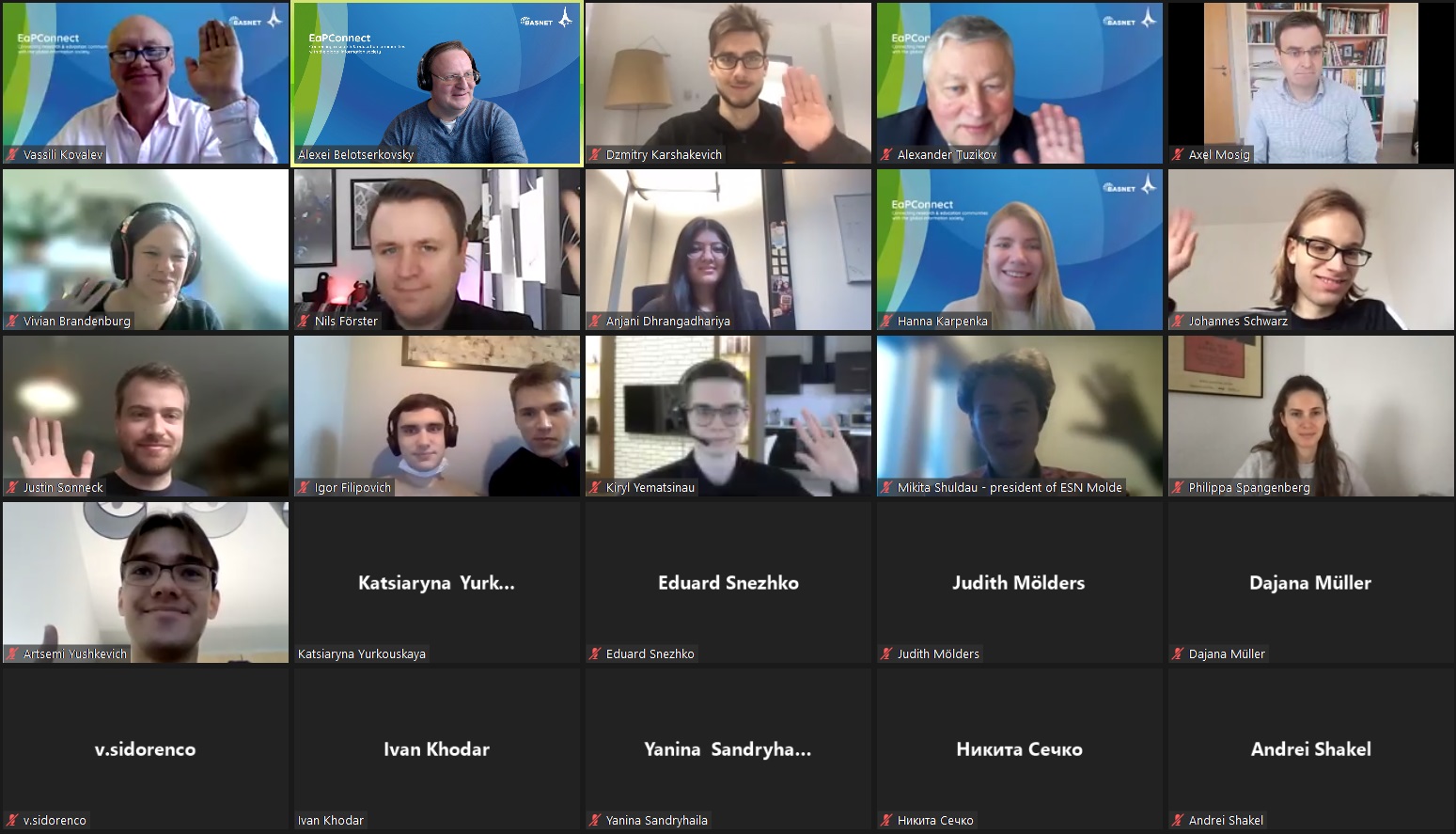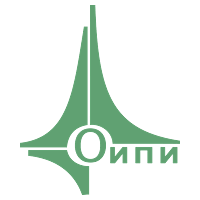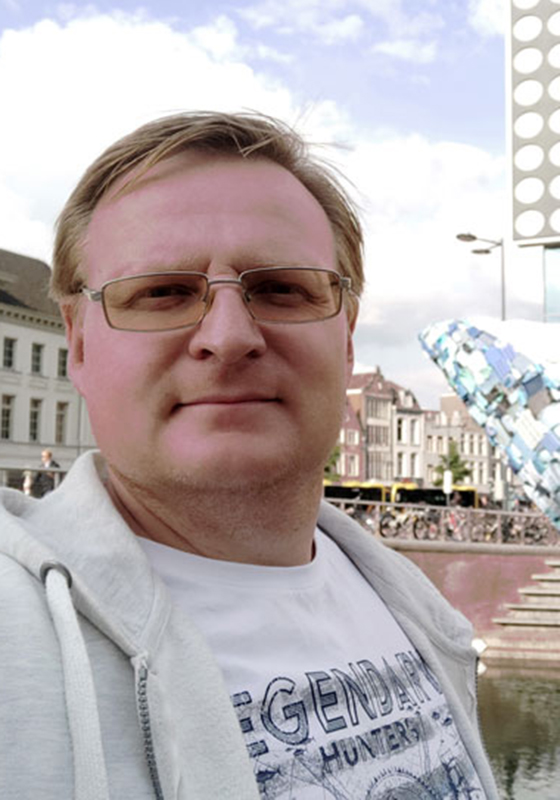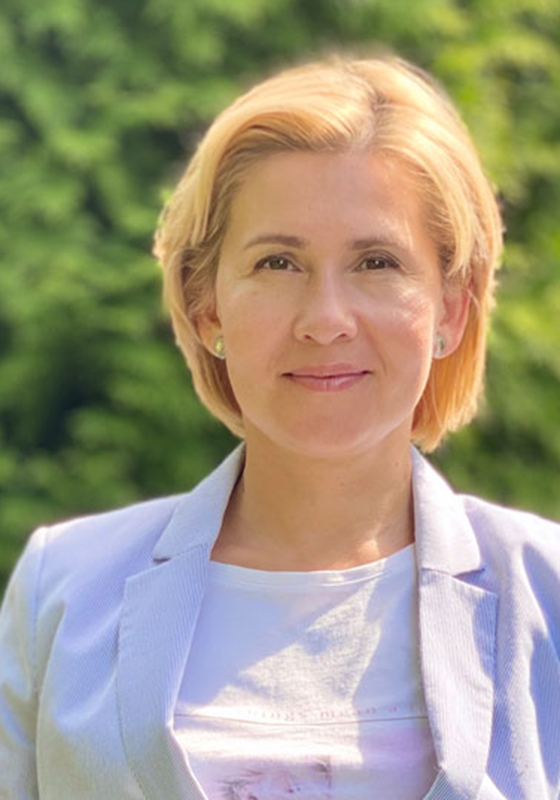Fuelling an interest in science among the younger generation is important, especially in these times and especially in the rapidly developing fields of applied ICT (Information and Computer Technology). The organisation of science differs in different countries. In western Europe, science develops mainly in universities, close to youth. In Belarus, by contrast, the science ‘triangle’ is delineated in academic, university, and corporate as most research takes place in the National Academy of Sciences of Belarus (NASB), but scientists often teach at universities. To bring youth to the fore and support their scientific interests, scientists from the United Institute of Informatics Problems of the National Academy of Sciences of Belarus (UIIP NASB) gave the floor to young presenters in a conference on machine learning and data analysis, with support from the academic network BASNET and connectivity provided through the EU-funded EaPConnect project.
This small virtual event on 24 November 2021 united the efforts of several scientific schools from Germany and Belarus and focused on machine learning and data analysis in medical informatics and bioinformatics. Almost 50 undergraduate and graduate students, as well as young scientists from Belarus, Germany, Switzerland, Norway, Lithuania and India, took part in 5 hours of knowledge exchange. The level of the 12 presentations and the confidence of the speeches revealed a very high, almost professional level of involvement in these fields.
It was a very nice event and I would be very happy if we could have a follow up event in the future since it is very good for students of all levels to present their works and exchange new ideas.“
A school of bio- and medical informatics had been formed at UIIP NASB around a decade ago. Scientists give lectures remotely as well as face-to-face at the institute. It is convenient for teachers, and students are happy to leave the university to assimilate the material in a more scientific setting. In this way, human resources are developed and selection takes place: some students move on after receiving a bachelor’s or master’s degree, while others go for a Ph.D., or perhaps to a post-doc in Europe. Science without borders is important, especially in the pandemic era in fields such as bioinformatics, where efforts are focused on finding and improving means to combat the coronavirus. In this era, young people had quickly switched to the online format, and students were extremely enthusiastic about the initiative to hold this scientific event in the online mode.
This conference shows that, while big events are great, even the smallest online initiatives, student groups and communities benefit from the opportunity to be part of the larger scientific world and stay connected! For this, the pan-European GÉANT network and national research and education networks (NRENs) such as BASNET, provide connectivity and services – not only for events, but year-round.
Many thanks to the pan-European R&E network GÉANT and our scientific network BASNET, as they support us with communication facilities and provide connectivity to European High-Performance Infrastructures.”
A 5-hour marathon of presentations from the event can be viewed online.





